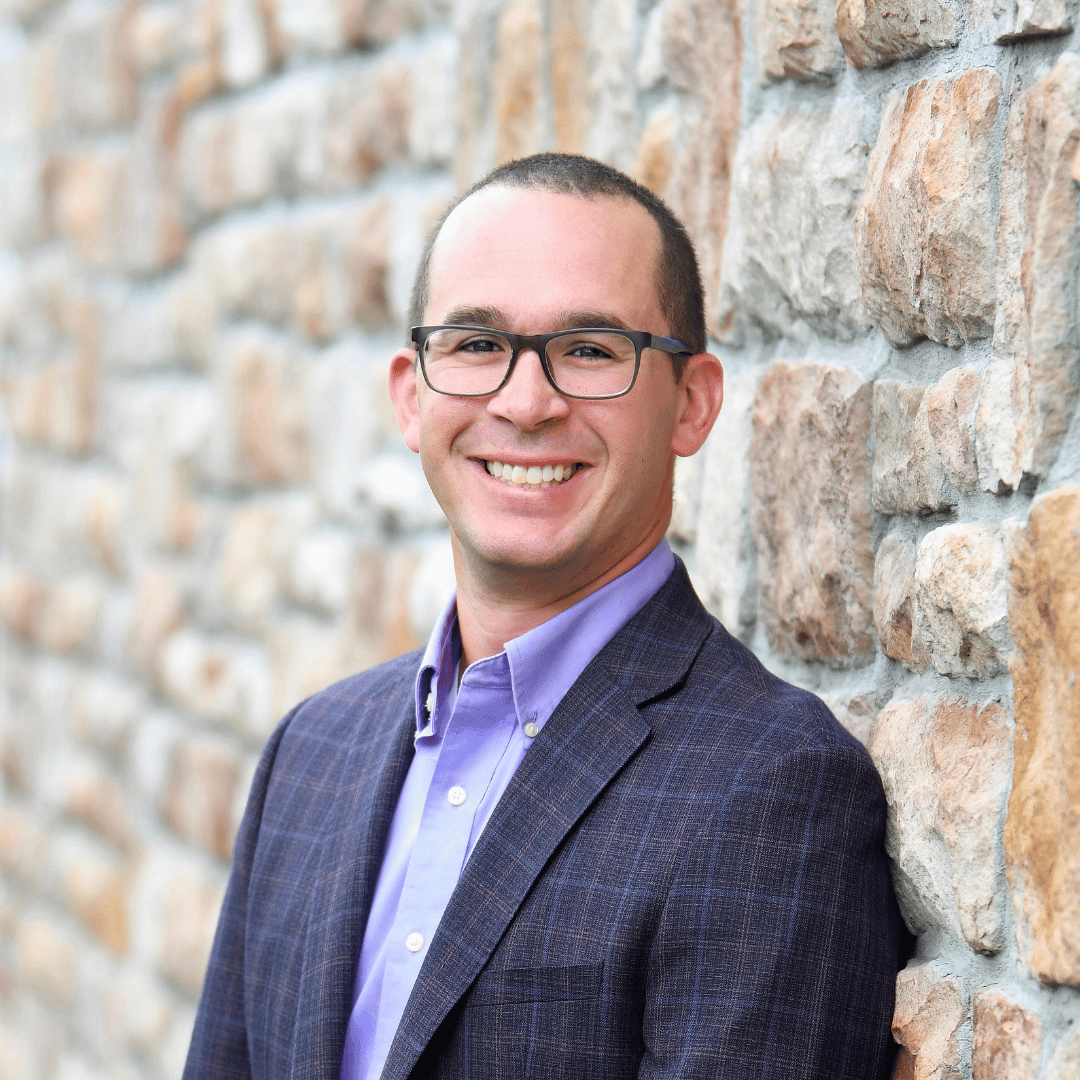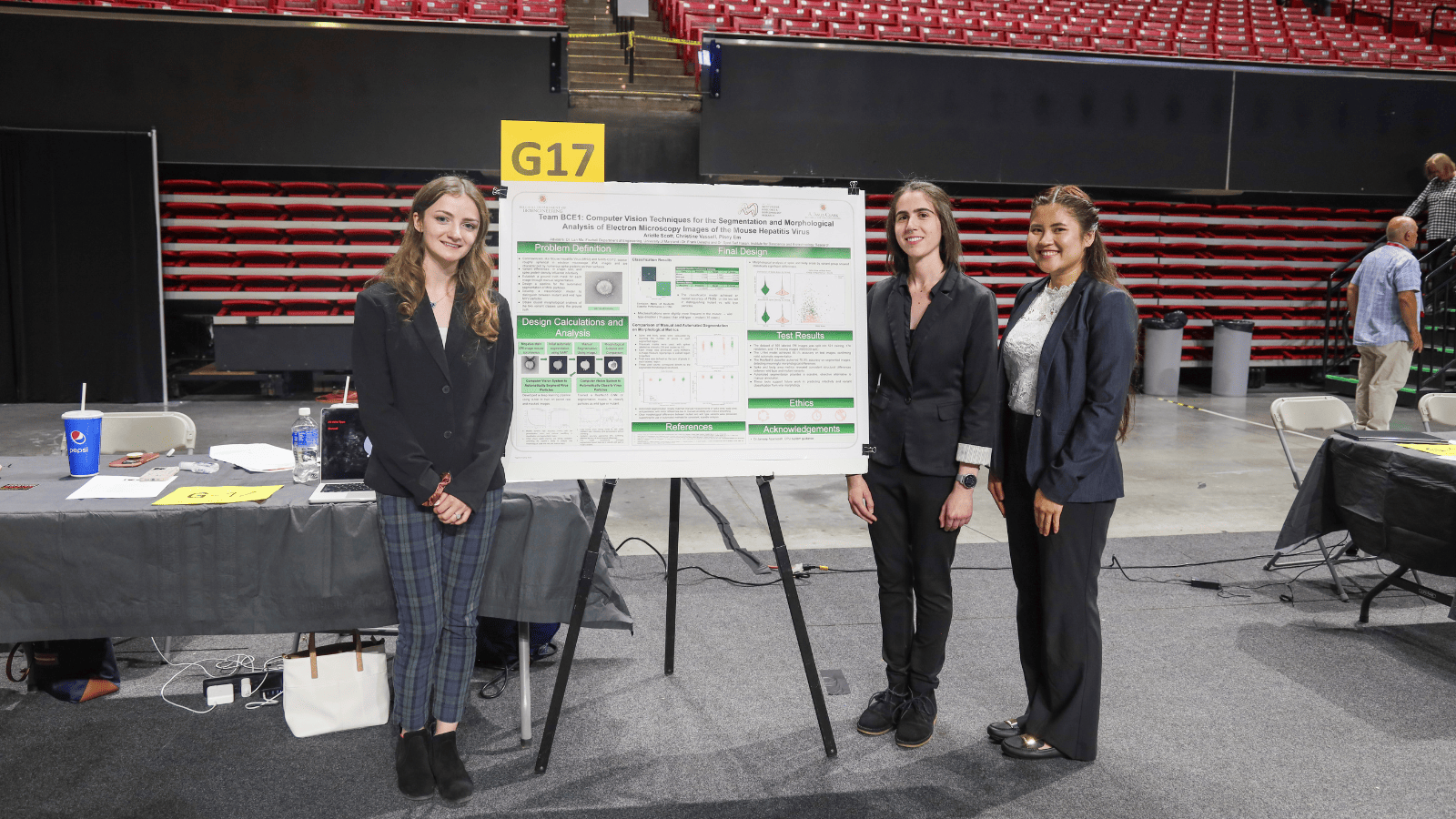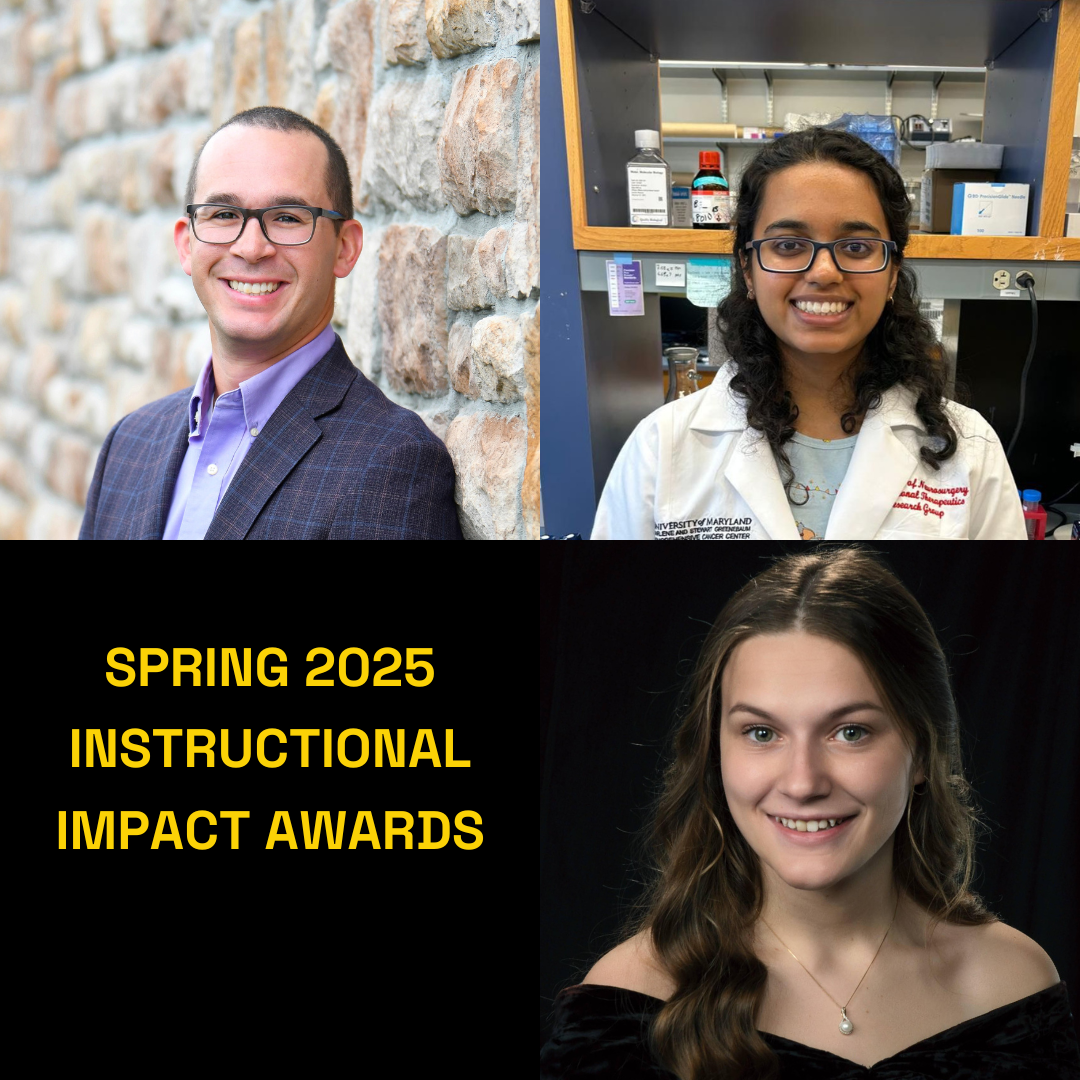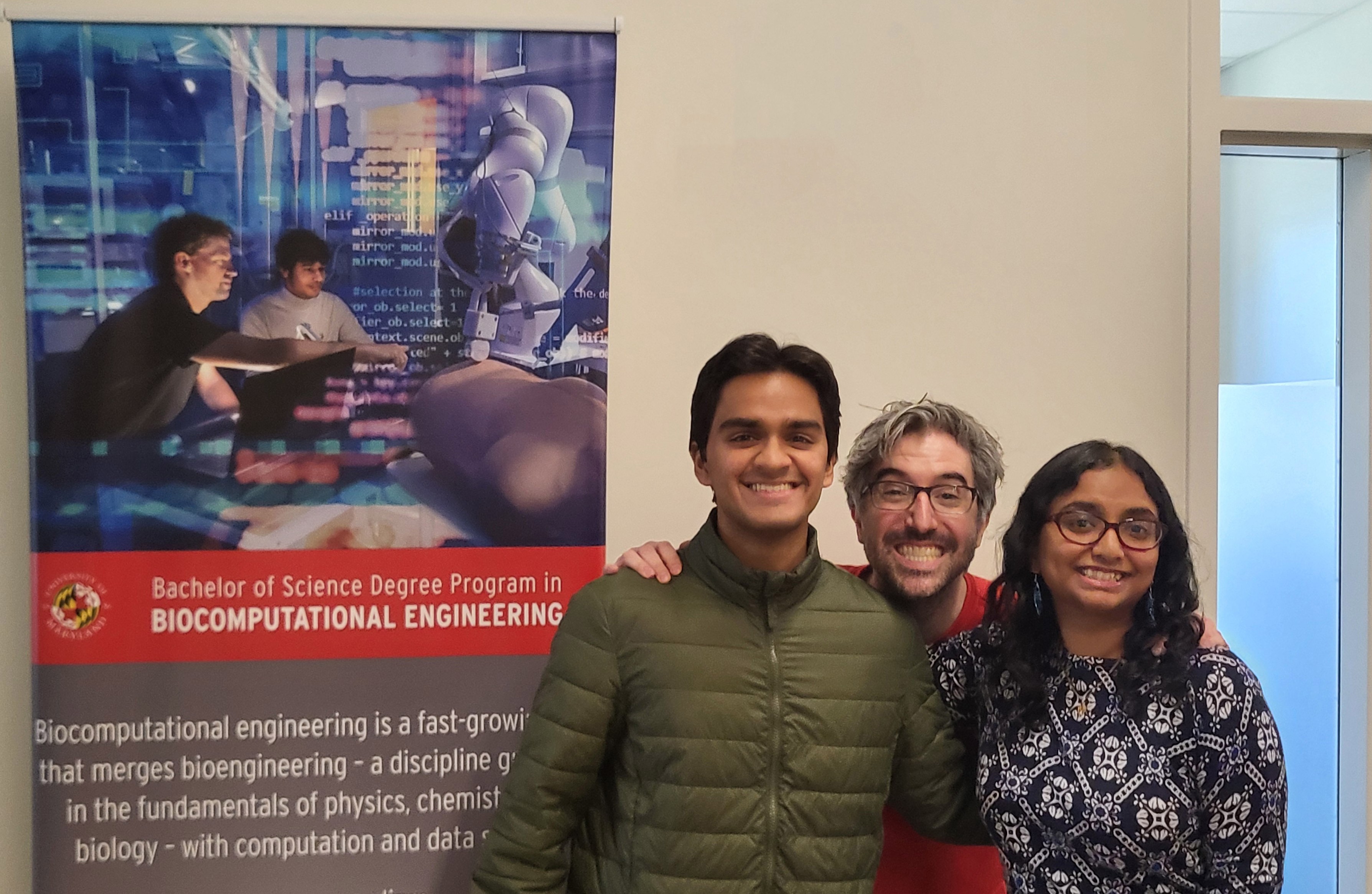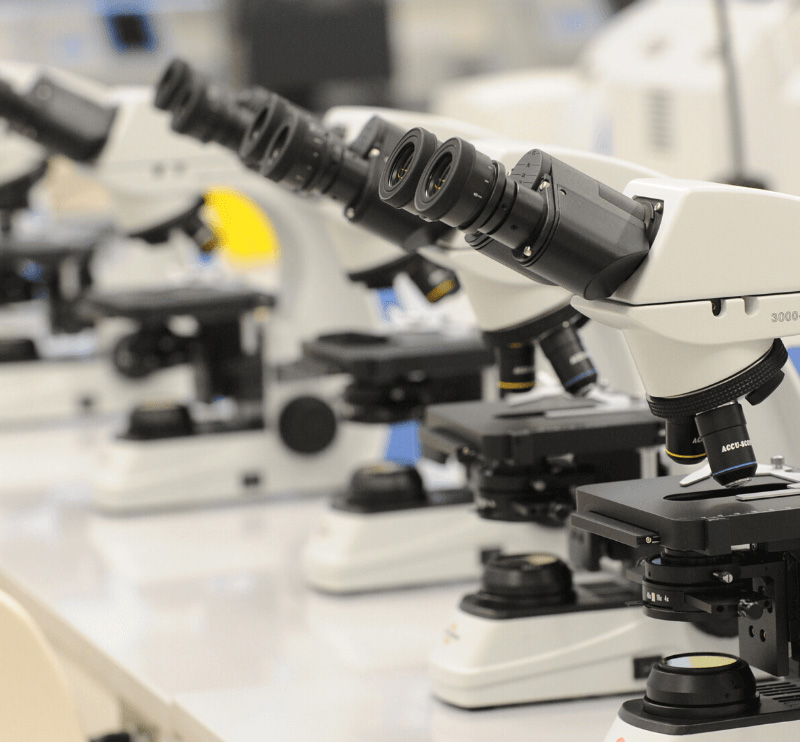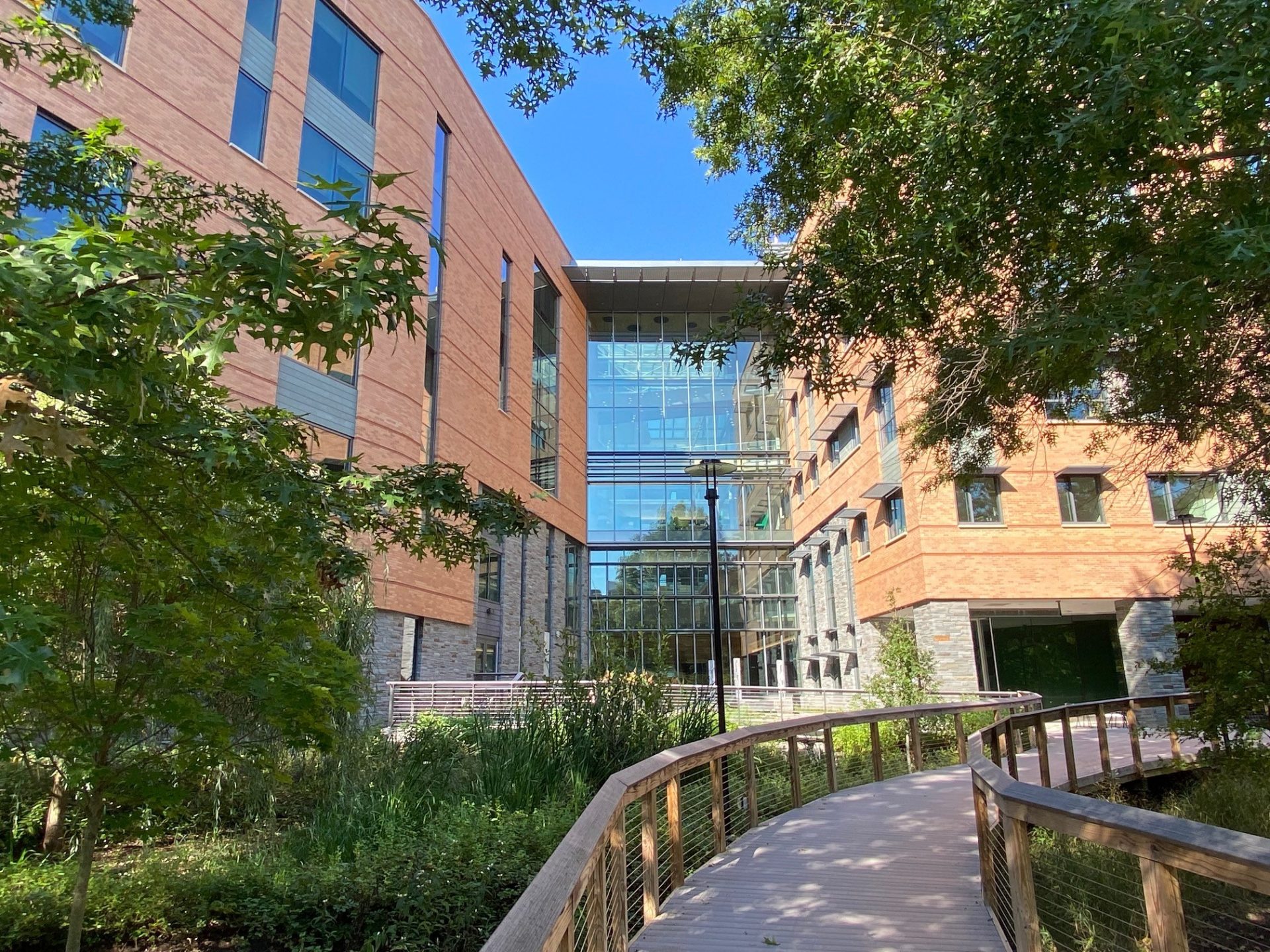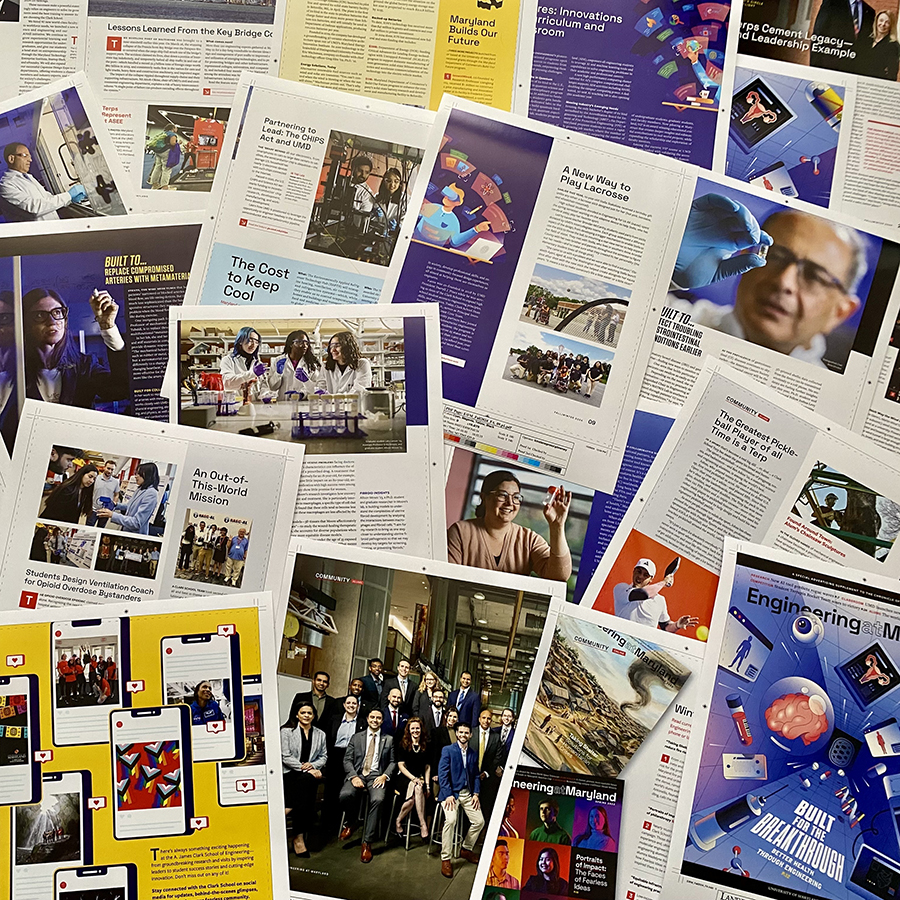Goldberg Appointed Associate Chair of Diversity, Equity, Inclusion, and Belonging in BIOE
August 19, 2024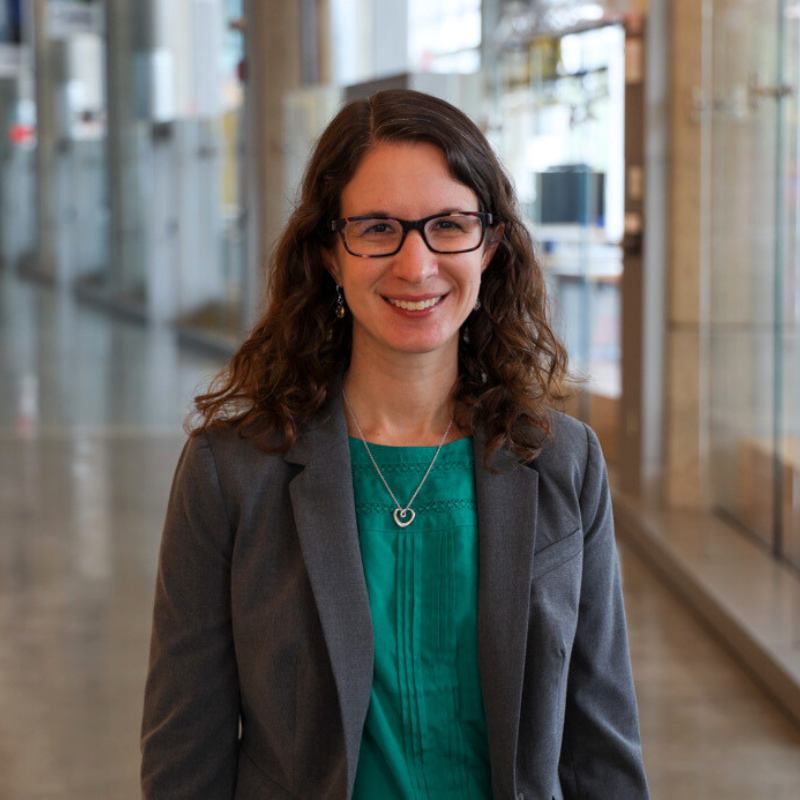
The Fischell Department of Bioengineering (BIOE) is excited to announce Senior Lecturer Deborah Goldberg (B.S. ’06, Ph.D. ’10) as the new Associate Chair of Diversity, Equity, Inclusion, and Belonging (DEIB). She will begin her term and head the department DEIB Committee starting this Fall 2024 semester.
The BIOE DEIB Committee consists of volunteer faculty, staff, graduate students, and undergraduate students. The Committee meets each month of the academic school year to have open, candid, and challenging discussions about DEIB efforts across the department as well as the bioengineering field at large. The Committee aims to foster crucial conversations within BIOE and amplify the voices of its students, faculty, staff, and alumni from underrepresented backgrounds.
“I am incredibly honored and excited to lead the DEIB Committee in bioengineering and to contribute at the college level,” says Goldberg, who also serves on the Clark School of Engineering’s DEI Council. “Advancing diversity, equity, inclusion, and belonging in engineering is a passion of mine, and I sincerely believe that with the right support and programs, we can help ensure that students, faculty, and staff from all backgrounds can thrive in engineering.”
An instructor at UMD for the past eight years, as well as a Clark School alumna, Goldberg joined BIOE in Fall 2023. In her first semester with the department, she earned the Instructional Impact Award, nominated by students in both of her courses (BIOE331: Biofluids, and BIOE489T: Biopharmaceutical Process Development & Manufacturing). Prior to her role in BIOE, Goldberg taught for seven years in the Clark School’s Department of Chemical and Biomolecular Engineering. Between her time as a student and a lecturer, Goldberg worked as a scientist in Formulation Sciences at MedImmune (now AstraZeneca) from 2010 to 2016.
“Through my eight years of teaching at UMD, I have focused on creating a positive and inclusive environment where students are both challenged and provided with the necessary support and resources to succeed,” she says. “I developed tools and practices to help address the unique struggles of students from underrepresented groups, whether they are minoritized students, first-generation college students, or neurodiverse students.”
“I would like to see the Fischell Department of Bioengineering lead the way as a department where every student, faculty, and staff person feels that they are welcome, supported, and valued.”
Dr. Deborah Goldberg, Associate Chair of DEIB
Goldberg’s investment to and impact on the engineering community and the field of education was recently recognized with the prestigious Provost’s Excellence Award in Teaching, awarded for outstanding contributions and accomplishments in teaching and exemplary dedication to students. The Excellence Award selection committee specifically recognized Goldberg for developing engineering courses that bridge content to real-world concerns of industries and for her ability to use pedagogical research and tools to support her students and colleagues. It is these tools and strategies that Goldberg hopes to bring to her new role on the DEIB Committee.
“As the Associate Chair of DEIB, I hope to share and scale these ideas so that all of our students feel seen, welcome, and supported with mentoring, resources, and pedagogical practices which can help them thrive,” says Goldberg. “I would like to see the Fischell Department of Bioengineering lead the way as a department where every student, faculty, and staff person feels that they are welcome, supported, and valued.”
Goldberg assumes the role of Associate Chair of DIEB following Professor Alisa Clyne, who was crucial in establishing the Committee in 2020. Goldberg looks forward to continuing “many programs established by Alisa Clyne focused on encouraging diverse students to pursue research, graduate education, and faculty careers in bioengineering.”
Formerly titled the “Diversity, Equity, and Inclusion Committee,” the DEIB Committee has been renamed by Goldberg to reflect the importance of belonging as the cornerstone that makes diversity, equity, and inclusion successful, she explains.
“Diversity focuses on building a department which includes people from a wide range of backgrounds, perspectives, and social identities. Equity ensures that each person has the resources they need to reach their full potential, while inclusion focuses on inviting everyone to contribute meaningfully,” says Goldberg. “Diversity, equity, and inclusion efforts are the most successful in an environment focused on belonging, where everyone feels welcomed, seen, heard, and valued for who they are.”
